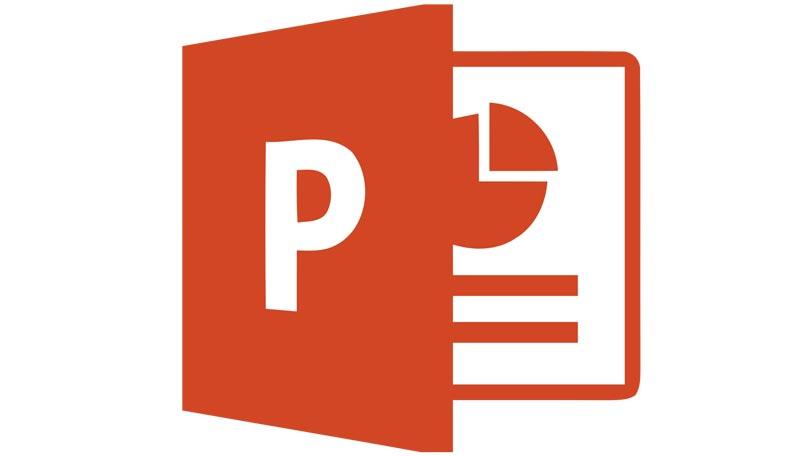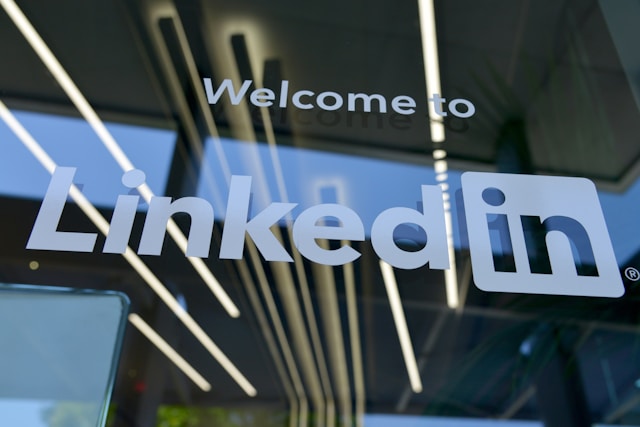In these exciting times, technology has changed the way presentations are being delivered all around the world. Audio-visual advancements and event tech trends definitely made the experience much more exciting. But even with all these modern innovations, each presenter still has to deal with crafting his message using the obligatory presentation slides.
There is no doubt that a great presentation can make or break an executive’s career. However, even if he has the best ideas and the most stellar stats, if the presentation is created on an exhausted 1995 PowerPoint template, he faces the risk of looking unprepared and not very believable. Sad but true.
This is because humans are visual beings and can process information more effectively when shown ideas coupled with interesting designs. For example, if you’re trying to showcase points of data cluster density, presenting your audience with a heat map created from using a mapping tool would be more effective. Those who are design-savvy have an extra advantage in making PowerPoint slides exciting because half the struggle in using PowerPoint is designing the slides, choosing the fonts, and deciding the appropriate photos to use to make the project look polished.
However, not everyone has that creative flair and with a lot of presentations being done under a lot of stress and time issues, no wonder a lot of people just click a template, type, and voila! Another standard, dreary looking PPT.
The good news is that there are much better alternatives that will not require a user to undergo extensive how-to tutorials and design lessons. These applications are easier to use and widely available online.
What are the alternatives to PowerPoint?
1. Keynote
If Microsoft has PowerPoint, then Apple has Keynote. As with every other product these two companies have released, Mac’s version of the presentation maker is simpler, cleaner and just looks much better. There are around 30 templates available in Keynote and each design has minimalist layout options that can easily be modified.
Keynote allows a user to store his document on ICloud and share it to other users who can view and edit the presentation even without an ICloud account. The original creator can invite team members to collaborate and edit the information in real time. There is also a feature where everyone can actually see who is collaborating and even track the edits made by a single user in the presentation.
2. Google Slides
Not a lot of people know that aside from just opening and viewing PowerPoint files, users can also create presentations from scratch using their Google account. Google Slides offers a web-based option that is totally free of charge and it can be readily accessible from any device.
There is a limited number of templates available but each one is much better looking than the standard PowerPoint templates everyone has already seen before. The templates are also categorized so whether it’s for work, personal use or instruction, the user can easily choose a design that will suit his requirement.
What makes it also convenient for the user is that there are already pre-loaded layouts within each template. This can save a lot of time because there is no more need to think about the presentation outline as the layouts already suggest the elements the presenter might need a specific project. For instance, if a user chooses the “Consulting Proposal” template, there will already be slides with the most commonly used headings such as Overview, Market Trends, Trend Analysis, etc. so that he would just need to fill these in with his own data.
Google Slides is also a cloud-based application so it allows multiple users to access and edit the project simultaneously when connected to the internet. Modifications and last-minute changes are instant and published in real time so there is no worry about accidentally presenting an old version of the document. Edits can also be tracked and if internet access is an issue, the user can also enable offline editing.
Google Slides is perfect for users wanting a step-up from PowerPoint because it is very accessible in terms of price and functionality. It is not very complicated to use, but it can still churn out a professional looking presentation without the hassle of installing a separate software.
3. Haiku Deck
Haiku Deck’s unique selling proposition when it was first released is that it allows users to create amazing looking presentations on an IPad in minutes. It is an app available on the IPad and on the web which includes access good looking templates, layouts, fonts, images and filters.
The Basic version of the app is free and it allows a user to create and share one presentation. Upgrading to the paid versions increases the number of decks and functions available depending on the plan purchased.
The great thing about this app is that delivers on its promise as it is super easy to use. It is often dubbed as a life-saver because it is perfect for people who need to do a last-minute presentation on a way to a meeting or while inside a car. The minimal designs will still impress and deliver the message in a visually impressive way that will not looked rushed at all.
Another great feature for Haiku Deck is that it can easily be shared on social media networks like Facebook. This tool can then be used by brands in creating and sharing short presentation decks to educate their followers about their advocacies, which Biznas recommends as one effective way to deliver stellar social media customer service.
There are limitations to this app, however, as it is not suitable for people who want to note down comprehensive numbers and information on the slides. This app endorses the use of a keyword-style presentation rather going for a data-heavy deck.
4. Canva
Canva is another web-based design application that is also available as a mobile app. Canva can be used to design any graphic project there is like logos, Instagram posts, flyers, ebook covers, and of course, presentation slides.
Being a design app, there are loads of stunning templates and photos that are internally available free of charge. There are also stock images available for purchase within the app.
Canva is very much recommended even for high-level client presentations because the upside of using a Canva is that the templates do not look like templates at all; it will look like the user actually hired a professional designer for the project.
Like Keynote and Google Slides, it also allows multiple collaborators to work together. It is free to sign up with Canva using a Facebook or Google Account.
5. Prezi
If the need to impress is the number one priority then Prezi is the way to go. Unlike other presentation apps, Prezi gets rid of the slide per slide structure. Instead, it has a dynamic zooming interface that will surely elicit a wow from the audience. It is a creative animation technique where the information flows seamlessly to create a story rather than a standard presentation.
There is a free basic account available which allows a user to create unlimited Prezis. The downside is that these will be publicly viewable so if there is a need for more privacy controls, paid plans are also available.
Aside from the wow factor delivered by using a Prezi, what is also interesting is its analytics tool. This function offered in premium plans will enable the creator to track how many views the presentation gained, including the time spent by each viewer on a slide. This is quite beneficial especially for public speakers to gauge which topics interest their audience more.
About the Author:
Nathan Sharpe is the entrepreneur behind Biznas, a blog where he serves practical business advice and tips to readers. Learning and helping others learn is his passion.






